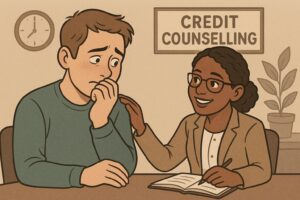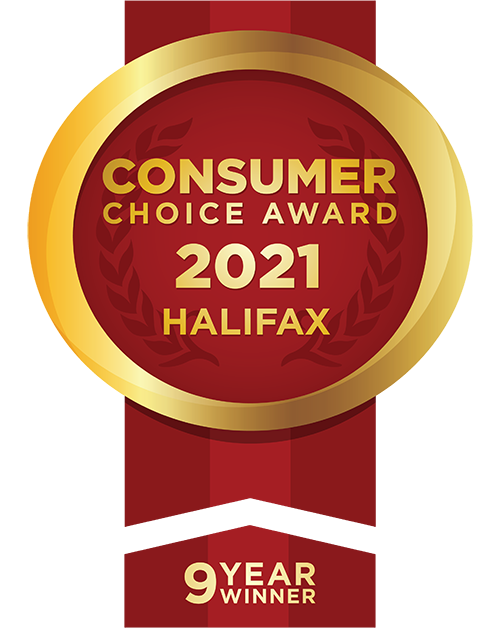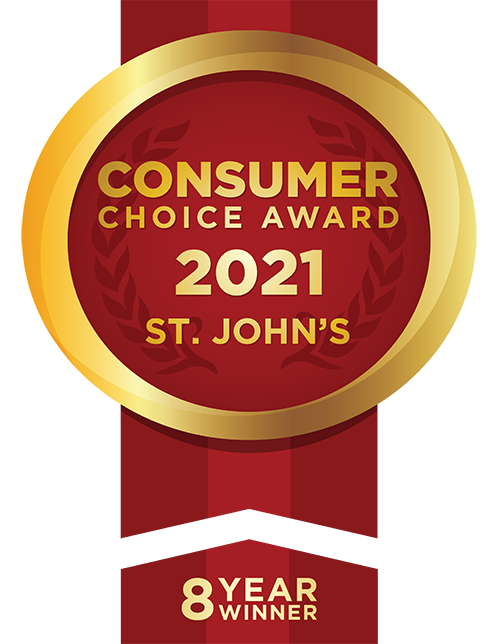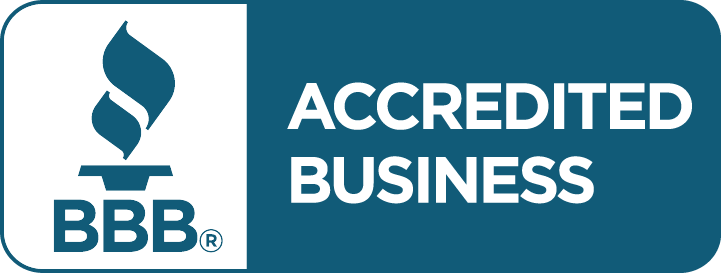With the cost of post-secondary education running in the tens of thousands, a large majority of students use student loans to pay for their studies. According to the Canada Student Loans Program, in the 2014-2015 year, the government provided 489,000 full-time students with $2.7 billion in loans and a further $20.9 million in loans to 12,100 part-time students.
Student loans typically tend to have lower interest rates than other bank loans and are not required to be paid back until after graduation. If you’ve kept your student loans out of sight and out of mind throughout your schooling and have recently graduated, you may feel overwhelmed by the thought of paying it back.
The average borrower takes between nine and 15 years to fully pay off their student loan, with the average debt post-graduation being $16,727 for university grads, $10,172 for college grads and $29,000 for doctoral.
These numbers can seem daunting, and managing loan repayments can be tough when you’re just starting out in the workforce or searching for employment. The good news is, managing student debt is achievable, and we’ve put together a list of things you need to know about student loan repayment in Canada.
When to start paying back your student loan
If you have a Canada or Provincial Student Loan, you won’t have to make any payments for the first six months after you leave school. This six-month non-repayment period starts after you either finish your final school term, transfer from full-time to part-time studies, leave school or take time off school. On Canada Student Loans, interest will not accrue during this period, however some provincial loans will accrue interest, so it’s best to check with your lender.
You can still make payments at any time after receiving your loan, and it’s a good idea to try and regularly chip away at the debt when you do have money in order to pay it down faster.
If you have a student line of credit, you’ll have to pay the interest on the amount of money you borrow while you’re still in school.
After you graduate, most financial institutions give you a four to 12-month grace period. During this time, you only have to pay the interest on your line of credit. After this period, you’ll pay back your debt through a repayment schedule agreed upon with your financial institution.
How much do you have to pay?
Typically when you graduate, you’ll get in touch with the National Student Loans Service Centre of your provincial loan provider to set up a repayment schedule and determine how much you’ll pay. It is up to you to decide how much you’ll pay based on what you can afford. It is advisable to use a student loan repayment calculator in order to determine how long it will take you to pay back your loans and how much interest you’ll pay.
If you do not contact or hear from your lender, loan payments may be automatically withdrawn from your bank account so it’s best to get in touch to discuss a manageable repayment plan.
What if you can’t pay?
If you’re struggling to make payments on your loan, there are a number of options available to you, including reducing your overall monthly payment, requesting to reduce your interest rate and changing your frequency of repayment. Alternatively, you can contact a credit counsellor for advice on the best way to manage your debts.
The most important thing to remember is don’t stop paying your loan. If you’re beginning to struggle, seek help first before halting all payments.
If you miss payments on your loan for nine months or more, your loan is considered to be in default. If the loan defaults, the government can try and collect their money through your annual income tax return or send your loan to a collection agency. You’ll also be disqualified from receiving future financial assistance or from applying for repayment assistance.
How student debt affects your credit score
Student loans form part of your credit history, and if you miss or make late payments, you may receive a bad credit score. Credit scores are important because they show lenders that you’re not a risky borrower. A bad credit score can impact your ability to get a job, rent an apartment, secure a mortgage or finance a car.
Can student loans be included in bankruptcy?
Contrary to popular belief, filing for bankruptcy doesn’t necessarily make your student loans disappear. If you file for bankruptcy within seven years of finishing school, your student loan will not be included, and you’ll still have to continue paying it back. If it’s been more than seven years since you left school, your student loan may be rolled into your bankruptcy, however bankruptcy is not free.
Many people choose bankruptcy because they think it’s the easiest way out, but most don’t realize that there are costs associated with filing personal bankruptcy and that this information also becomes a matter of public record. it’s best to avoid bankruptcy altogether. Bankruptcy should always be a last resort. Learn more about bankruptcy here.
How to repay your student debt faster
The average borrower takes between nine and 15 years to fully pay off their student loan, however there are ways to chip away at your debt faster.
- Make additional lump-sum payments whenever you get an influx of cash. These extra payments will go toward the interest first and then to the principal of your loan. If you make one large lump-sum payment each year (for example, if you get a tax return), you’ll have your loan paid off in no time!
- Make payments during school. While finances can be tight as a student, the more you can put towards your loan during your studies, the less you’ll have to deal with after you graduate.
- Make payments during the six-month grace period. If you’re lucky enough to get a job right after graduation, see if you can use this added income to start paying back your loan. Since there is usually no interest accrued during the non-repayment period after graduation, any amount you pay will go directly to the principal of your loan. Paying down the principal reduces the total amount you owe, which means you pay less interest.
- Make payments more frequently. If you get a promotion or a new job with a higher salary, see if you can increase your payment frequency. The amount you pay over and above your minimum payment will go toward the principal of your loan. This decreases your total loan amount, which reduces the amount of interest you’ll have to pay.
- Budget for your payments. If you don’t have a budget, you’re going to struggle each month. Budgeting for loan repayments is important because it ensures you’ll meet the monthly repayment requirements. Setting up automatic payments right after payday will ensure you don’t spend the money allocated to your debt.
If you need help or guidance on your student debt-load, we can help. Our certified credit counsellors can provide you with options to reduce or consolidate your loans into manageable monthly payments. Contact us today!











